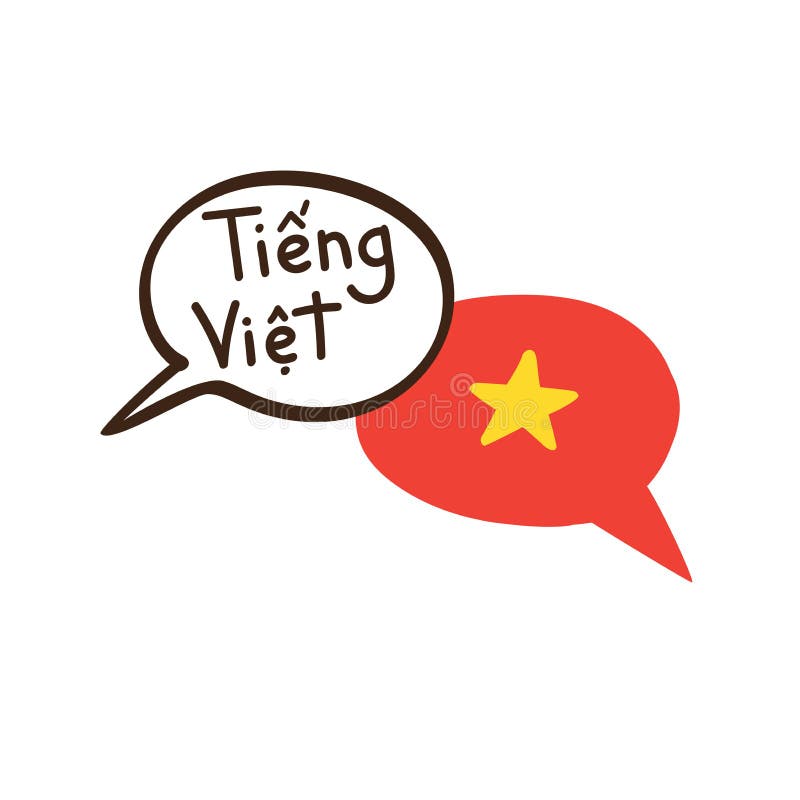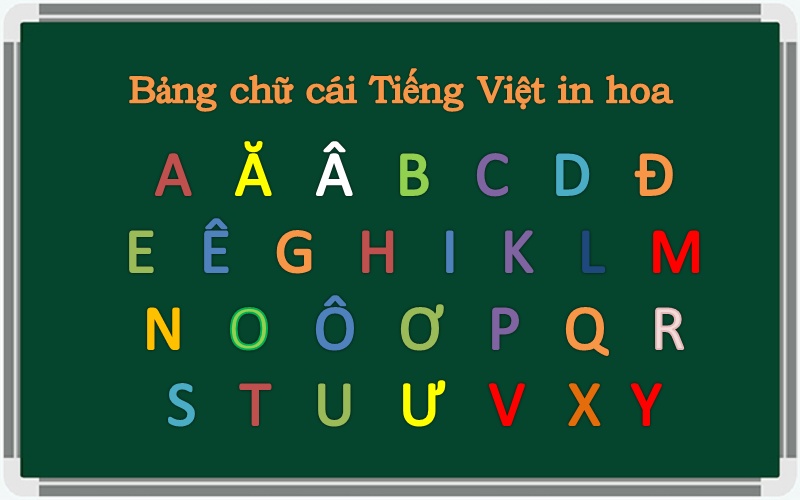
Is Vietnamese hard to learn?
Is Vietnamese hard to learn? While it may seem daunting at first, with consistent effort and the right approach, you can certainly master this beautiful language. In the following sections, we’ll delve deeper into the specific challenges and rewards of learning Vietnamese, as well as provide practical tips to help you on your language learning journey.

Is Vietnamese hard to learn?
Is Vietnamese hard to learn? Yes, Vietnamese can be considered a challenging language for native English speakers.
The main challenges often faced by learners include:
- Tones: Vietnamese is a tonal language, meaning the same word can have different meanings depending on the tone used. This can be difficult for native English speakers who are not accustomed to tonal languages.
- Pronunciation: Vietnamese pronunciation can be tricky, especially for certain sounds that don’t exist in English.
- Alphabet: While Vietnamese uses the Roman alphabet, it has additional diacritics to indicate tone and pronunciation.
- Vocabulary and Grammar: While the grammar structure is relatively simple, the vocabulary and sentence structure can be different from English.
However, with dedication and consistent practice, learning Vietnamese is certainly achievable. It’s recommended to seek the guidance of a native speaker or a qualified language teacher to help you navigate the complexities of the language.

A Brief History of the Vietnamese Language
The Vietnamese language, or Tiếng Việt, has a rich and complex history, shaped by various cultural and linguistic influences.
Early Origins
The earliest form of Vietnamese, known as Proto-Viet-Muong, is believed to have originated from the Mon-Khmer language family. This ancient language was spoken by the ancestors of the Vietnamese people who inhabited the Red River Delta region.
Chinese Influence
During centuries of Chinese domination, Chinese culture and language had a significant impact on Vietnamese. Chinese characters, known as Chữ Nôm, were adapted to write Vietnamese. This system, while complex, allowed for the preservation of Vietnamese literature and culture.
French Colonial Era
The French colonial period (1858-1954) brought about another significant influence on the Vietnamese language. French words were incorporated into the Vietnamese vocabulary, particularly in fields like science, technology, and government. The Roman alphabet was also introduced to write Vietnamese, replacing the complex Chinese characters.
Modern Vietnamese
The modern Vietnamese language is a unique blend of indigenous elements, Chinese influences, and French borrowings. It is a tonal language, meaning the pitch and intonation of words can change their meaning. Vietnamese has a rich and expressive vocabulary, and its grammar is relatively simple compared to many other languages.
Today, Vietnamese is the official language of Vietnam and is spoken by over 90 million people worldwide. It continues to evolve and adapt to the changing world, while still preserving its unique cultural heritage.
Tips to Learn Vietnamese Effectively

Learning Vietnamese language can be a rewarding experience, but it also presents unique challenges. Here are some tips to help you learn Vietnamese effectively:
1. Immerse Yourself in the Language:
- Listen to Vietnamese: Listen to Vietnamese music, watch Vietnamese movies and TV shows, and listen to Vietnamese podcasts.
- Read Vietnamese: Read Vietnamese books, articles, and comics. Start with simple materials and gradually increase the difficulty level.
- Speak Vietnamese: Practice speaking with native speakers or language exchange partners. Don’t be afraid to make mistakes.
2. Learn the Tones:
- Understand the Six Tones: Vietnamese is a tonal language, meaning the same word can have different meanings depending on the tone.
- Practice Pronunciation: Pay close attention to the tones and practice them regularly.
- Use Language Learning Apps: Apps like HelloTalk and HelloTalk can help you practice pronunciation and tone.
3. Learn the Grammar:
- Simple Grammar Structure: Vietnamese grammar is relatively simple compared to other languages.
- Focus on Verb Conjugation: Learn the different verb conjugations and how to use them in sentences.
- Practice Sentence Structure: Practice building sentences using different grammar structures.
4. Build Vietnamese Vocabulary:
- Learn Core Vocabulary: Start with basic vocabulary related to everyday life, such as greetings, numbers, colors, and family members.
- Use Flashcards: Create flashcards to help you memorize new vocabulary.
- Learn Vocabulary in Context: Learn new words in context to understand their meaning and usage.
5. Find a Language Exchange Partner:
- Practice Speaking: Practice speaking with a native speaker to improve your fluency and accent.
- Get Feedback: Receive feedback on your pronunciation and grammar.
6. Use Language Learning Resources:
- Language Learning Apps: Use apps like Duolingo, Babbel, and HelloTalk to practice vocabulary and grammar.
- Online Courses: Take online courses to learn from experienced teachers.
- Language Exchange Websites: Connect with native speakers to practice speaking and writing.
Remember, consistency is key. Practice regularly and don’t be afraid to make mistakes. With dedication and effort, you can achieve your Vietnamese language goals.
See also:
Top 5 apps to learn Vietnamese
Here are the top 5 apps to learn Vietnamese:
- VietnamesePod101: This app offers comprehensive lessons, including grammar explanations, vocabulary drills, and cultural insights. It also features audio and video lessons, making it a great choice for visual and auditory learners.
- Memrise: Memrise uses a gamified approach to language learning, making it fun and engaging. You can learn Vietnamese vocabulary through interactive exercises and spaced repetition.
- Duolingo: This popular language learning app offers a Vietnamese course that covers basic grammar and vocabulary. It’s a great option for beginners.
- HelloTalk: This app connects you with native Vietnamese speakers for language exchange. You can practice speaking, writing, and listening skills with real people.
- Ling: This app offers a variety of language learning features, including vocabulary flashcards, grammar explanations, and pronunciation practice. It’s a good choice for self-paced learning.
While these apps are great tools, they should be used in conjunction with other learning methods, such as practicing with native speakers and immersing yourself in the language through movies, music, and books.
Is Vietnamese hard to learn with above tips and guideline? Learning Vietnamese can be a rewarding experience, offering a deeper understanding of Vietnamese culture and history. While it may present unique challenges, such as the tonal system and complex grammar, with dedication and effective learning strategies, you can overcome these obstacles.
